The Art and Science of Measure Numbering

Rob Prester (Pf, New York, NY) opened an E-mail dialog within the ACMP Board and Council members by posing this question: “Does ACMP have any available info about standardized guidelines for measure numbering?”
Board Member Susie Ikeda (Vn, Cambridge, MA) responds: It may seems silly, but consistent measure-numbering is actually a meaningful and not-always-obvious issue, particularly when people show up at a workshop with their own parts numbered using one convention and others show up having used different conventions. (Do pickups count as a bar? How do you count first endings?) Being off by even one bar prohibits the group from being able to start at exactly the most efficient place.
I’m active at the Bennington Chamber Music Conference (cmceast.org). For decades we’ve used a generally successful measure numbering convention that seems to match most pre-printed numbering conventions. Thanks to Eve and Don Cohen we also have a vast listing of measure number totals (by movement), The Cohens meticulously and brilliantly compiled this list, manage, and generously share it. You’ll find the numbering guidelines, and within that you’ll find a link to the measure number totals page by clicking on the link http://www.cmceast.org/downloads/MeasureCounts.pdf (Updated 2024). Of course, if one never has to stop, and never has to rehearse anything, then the numbers are indeed pointless!
Advisory Council Member Missy Goldberg (Vn/Va, Chevy Chase, MD) concurs: If you haven’t tried numbering measures, you may not appreciate the value of The Cohen’s reference list of measure number totals. Even if you follow the conventions, it’s very easy to make a mistake — either by missing some subtle oddity of the music or, more likely, by simply miscounting. Knowing the actual number of measures in the movement makes it easy to see if you have counted correctly.
Advisory Council Member Ted Rust (Ob, EH, Berkeley, CA) writes: According to Brian Blood, www.dolmetsch.com/musictheory3.htm#barnumbers, bar lines date from the seventeenth century, and rehearsal letters began appearing in orchestral scores and parts in the early 19th century. My own guess is that they were picked up by publishers from conductors’ own markings jotted on manuscripts during rehearsals when they needed to tell their players where to start. He doesn’t say if bar numbers followed soon after.
Letters certainly become less useful and measure numbers more so as compositional style has moved away from the clear, regular divisions of classical and early romantic music and a more detailed navigation system was needed. Debussy’s Pelléas et Mélisande, for example, is hell to rehearse with its rehearsal NUMBERS instead of letters (“Violins, play what you have nineteen bars after eighteen in Part III.” Huh??
My Dover facsimile of an “early” edition of Dvorák’s Serenade for Winds, Opus 44 (1878) has measure numbers AND rehearsal letters whereas his Serenade for Strings, Opus 22 (1875) has neither! (Maybe wind players needed more help, or maybe the practice was just being introduced.) Measure numbering was still not commonplace before the mid-20th century. For example, the Peters Bach editions from the 1930s have rehearsal letters but no measure numbers, whereas Henle editions from the 1970s have numbers only.
I’d love to dig into a good music library !
Advisory Council Member Jerry Fischbach (Vn, Glen Dale, MD) writes: This is indeed an interesting and deceptively complex question. The music publishing industry has certainly been dealing with this question for at least a century. The Bennington numbering rules are outstanding! Models of concision and thoroughness. Just for the record, I explored two of my publishing sources as follows:
Composer/arranger George A. Speckert, an editor at Baerenreiter, (and former student of mine) defines the Baerenreiter conventions
The first full measure is “1” – , do not count upbeats.
The first and second ending brackets are numbered “a” and “b” ( i.e. 16a, 16b.) This will only be printed if the bracket is at the beginning of a line. No special treatment for repeats and jumps — even if the repeat is in the middle of a measure.
In cases where one voice is notated with a repeat and another without (i.e. different phrase endings), both numbers are noted, like 17 (25).
More Articles
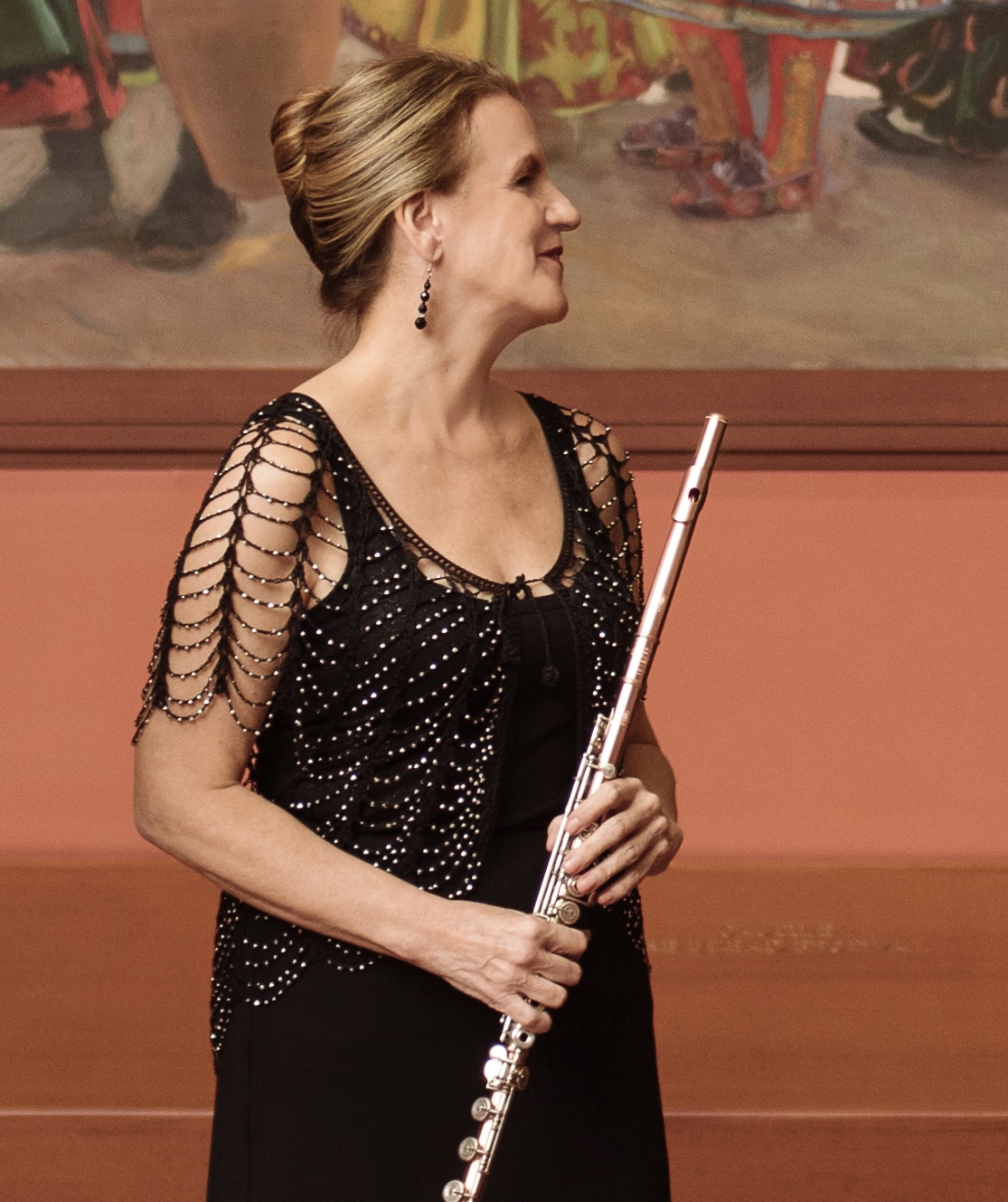
Meet the Musician: Flutist Svjetlana Kabalin (Sunday, March 29, 2pm ET)
Join ACMP for an interview and Q&A with Svjetlana Kabalin on founding and sustaining Sylvan Winds and expanding wind quintet repertoire.Read More ↗
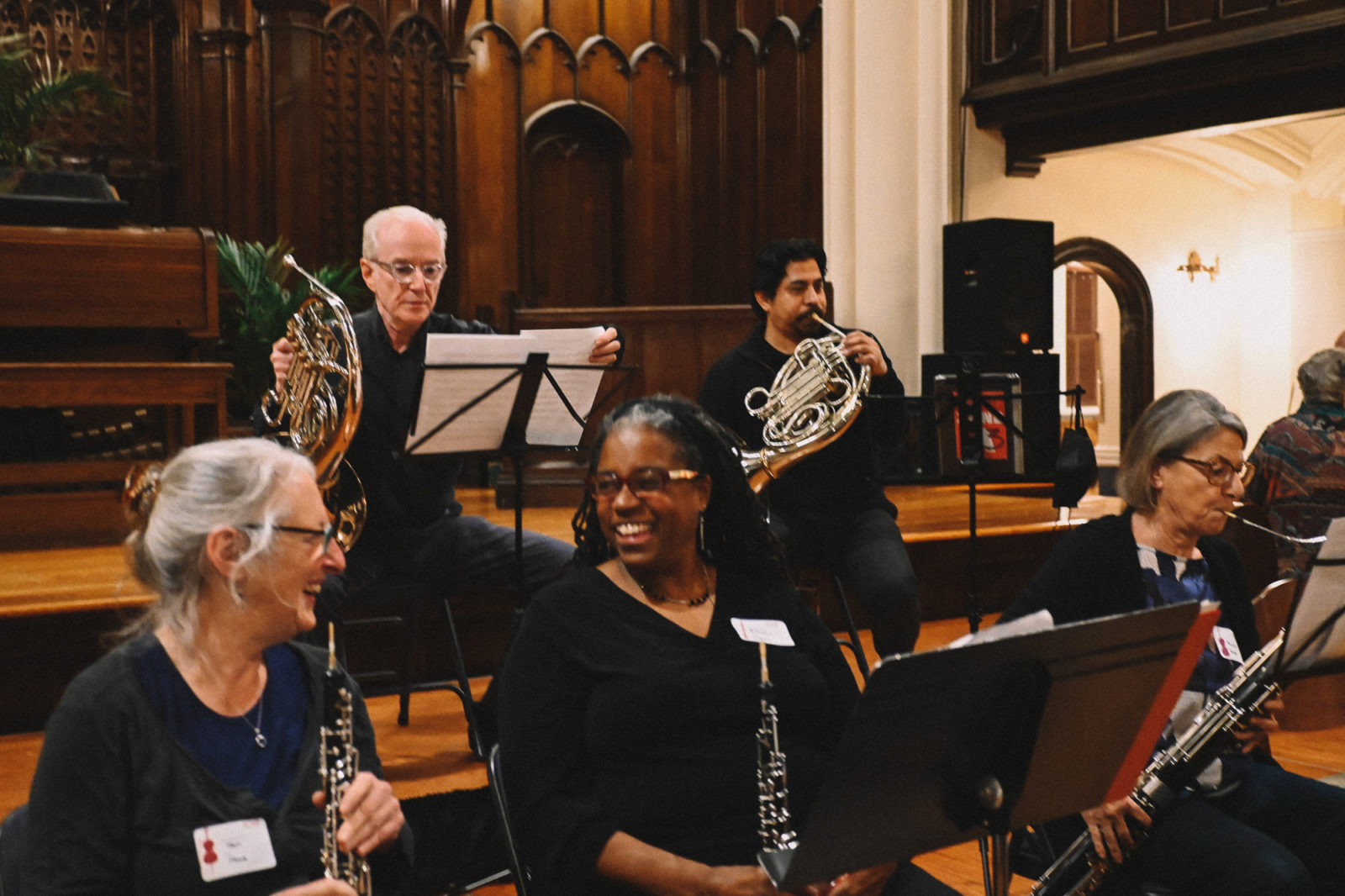
March Winds: Wind Chamber Music Appreciation Month
This March, ACMP is proud to launch "March Winds": Wind Chamber Music Appreciation Month! It's an international grassroots movement to expand the awareness and appreciation of the rich repertoire of chamber music including winds.Read More ↗
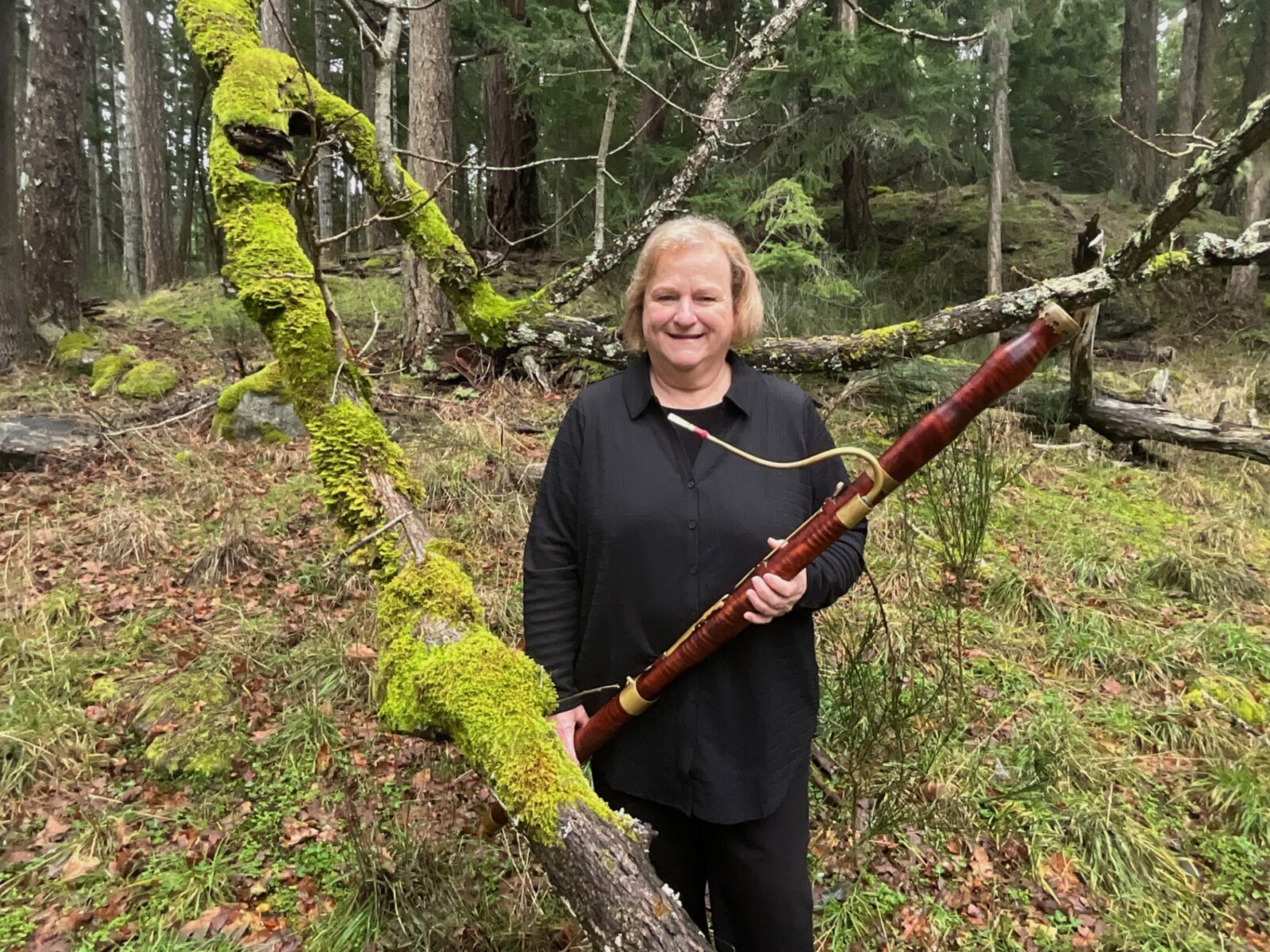
Kerry Graham: It’s never too late to learn the Baroque bassoon
At age 50, Kerry Graham was living what many would consider a rich and full life, working internationally as a chemical engineer and doing pretty well. But music, and especially the bassoon, kept tugging at her sleeve. She wanted to go back to school to learn the bassoon. Read Kerry's interview with ACMP Board chair Bob Goetz.Read More ↗
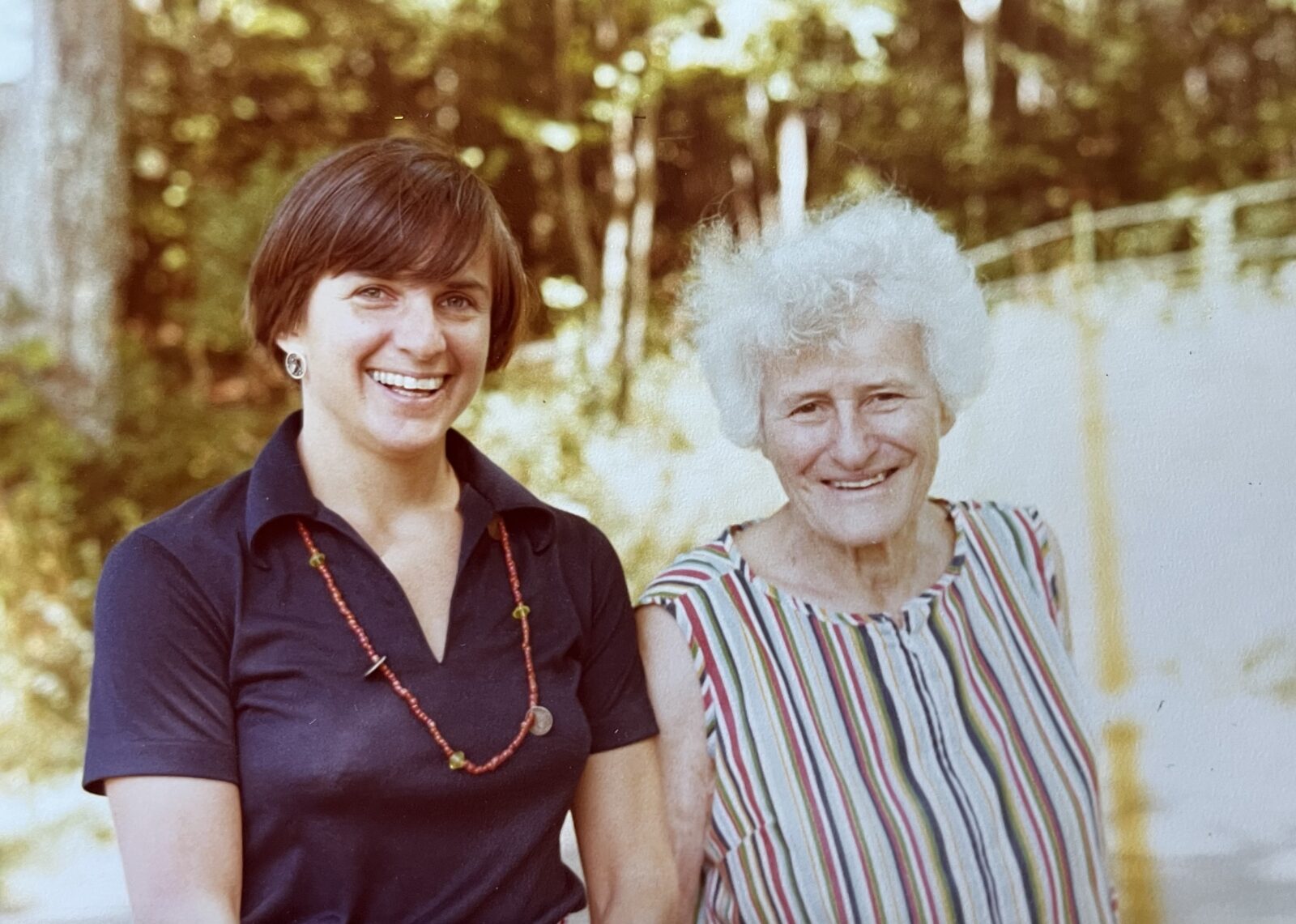
Helen Rice and me!
Professional flutist Jayn Rosenfeld grew up in a family of passionate amateur musicians and had a close personal connection with ACMP's founder Helen Rice. Read Jayn's story about her childhood experiences with some of the early pioneers of ACMP.Read More ↗
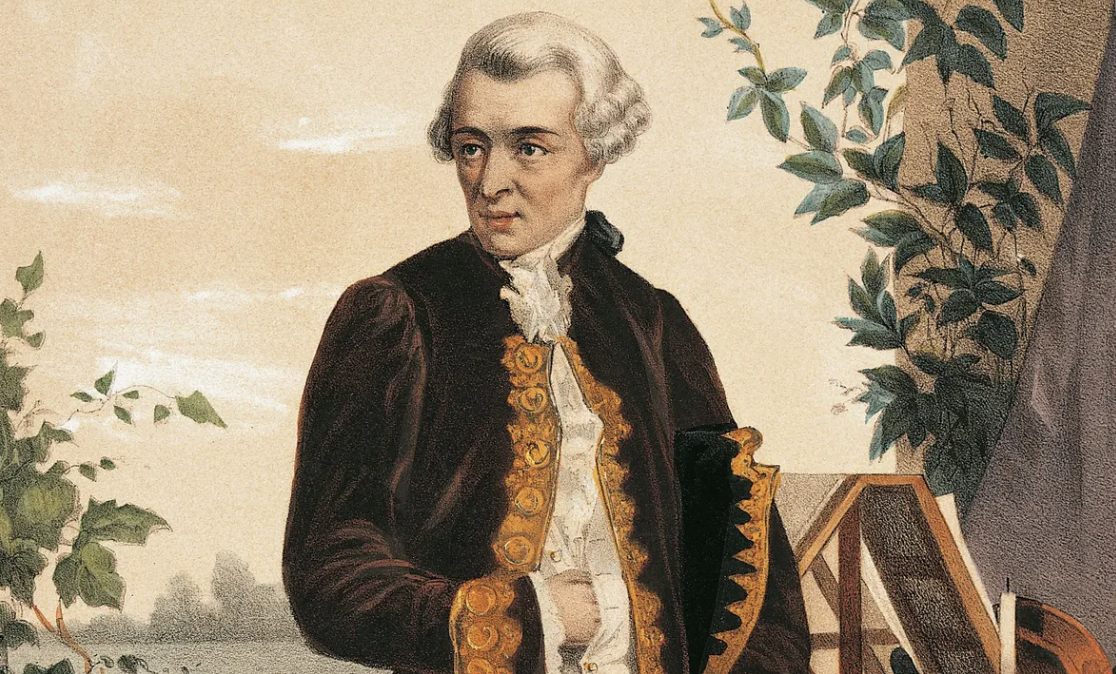
The 2026 ACMP Haydn Challenge
March 31 is Joseph Haydn’s birthday! It’s also a fabulous occasion to celebrate his contributions to the world of chamber music with a gift in his honor to ACMP…Throughout the month of March, we hope you will participate in the ACMP Haydn Challenge.Read More ↗

Irreverent Friends, the True Inspiration Behind Clarinet’s Chamber Music Gems
The Clarinet. When one thinks of the instrument, we are instantly taken on a rich journey of musical landmarks: New Orleans, Rhapsody in Blue, Mozart, Benny Goodman, top orchestras, your cousin’s wedding reception. Chamber music might not be at the top of the list, but indeed, clarinetists have inspired some of the finest pieces in history for the genre.Read More ↗
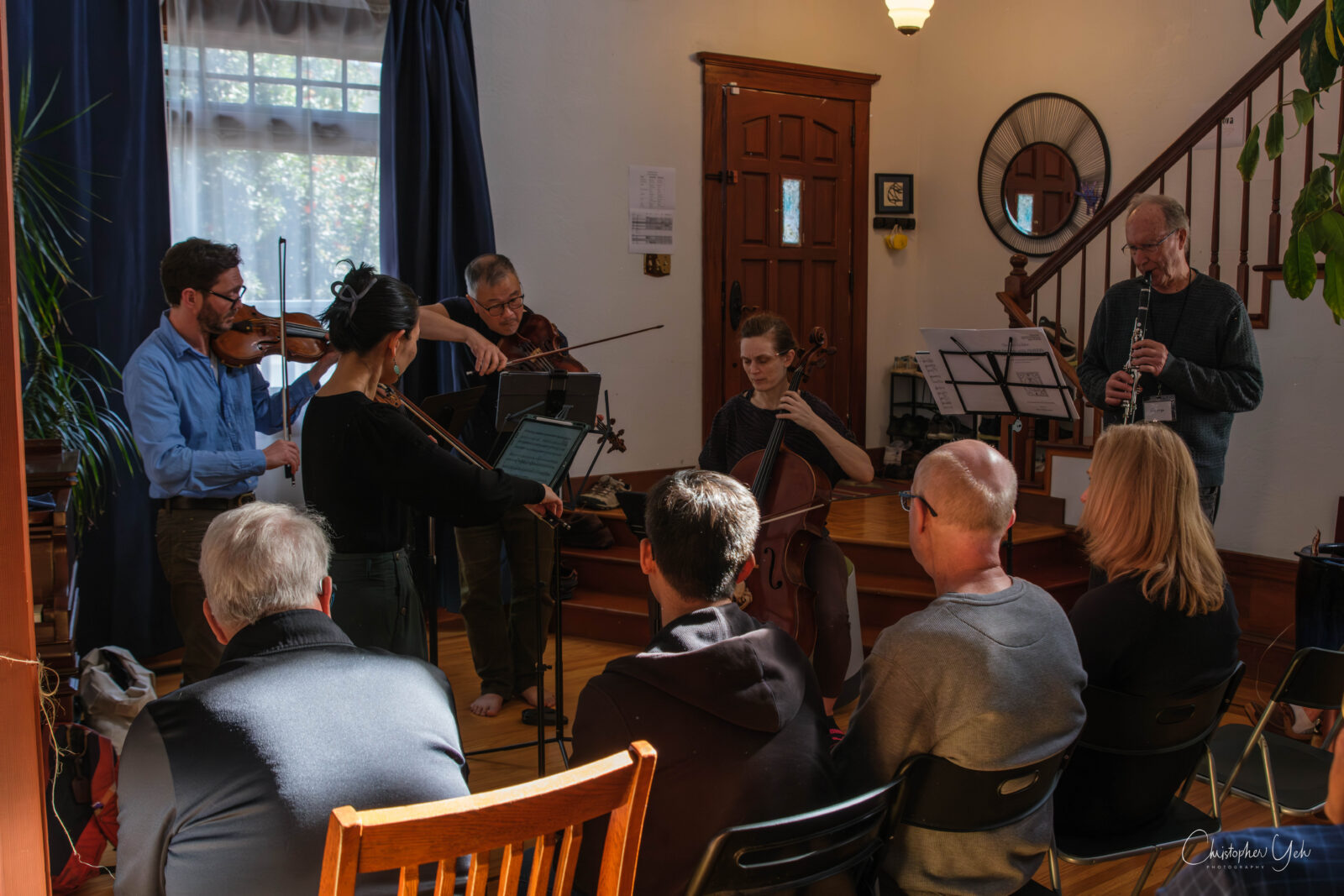
Sound and Sustenance: A Report from the Del Sol Adult Chamberfest
On a sunny weekend last month in San Francisco, 30 amateur chamber musicians from around the country gathered in the home of two members of the Del Sol String Quartet for the annual DEl Sol Adult Chamberfest. Neighbors would have heard strains of Britten, Janáček, Shaw, Golijov, Bunch, Beethoven and Brahms, along with laughter and good times!Read More ↗
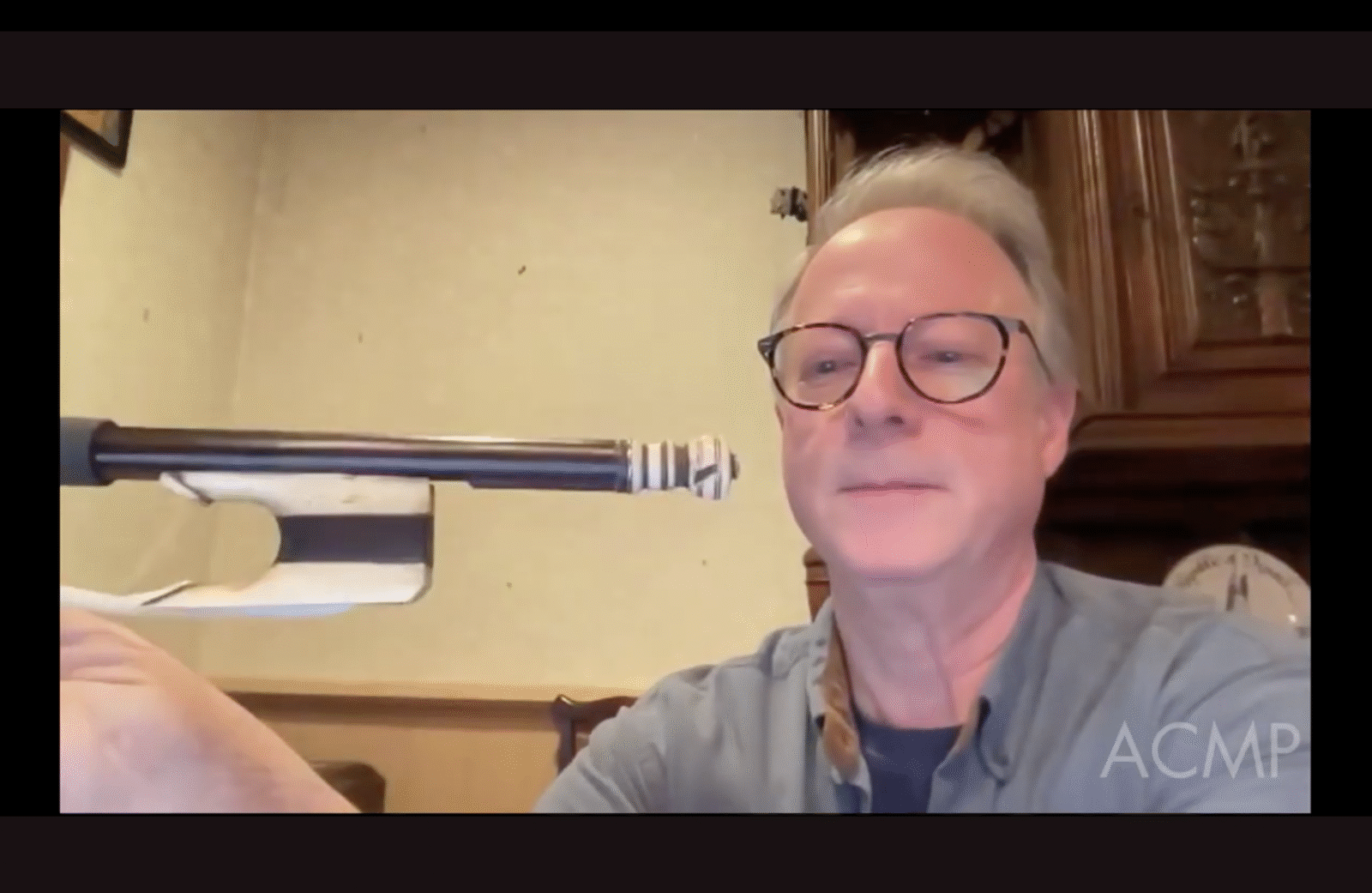
New ACMP video: “Everything you always wanted to know about bows but were afraid to ask” with Gabriel Schaff
ACMP just released the video from Gabriel Schaff's recent online talk, "Everything you always wanted to know about bows but were afraid to ask." After an illuminating presentation on the evolution of the modern bow, the questions kept pouring in. There's so much to learn and discover from Gabriel and your colleagues in ACMP.Read More ↗
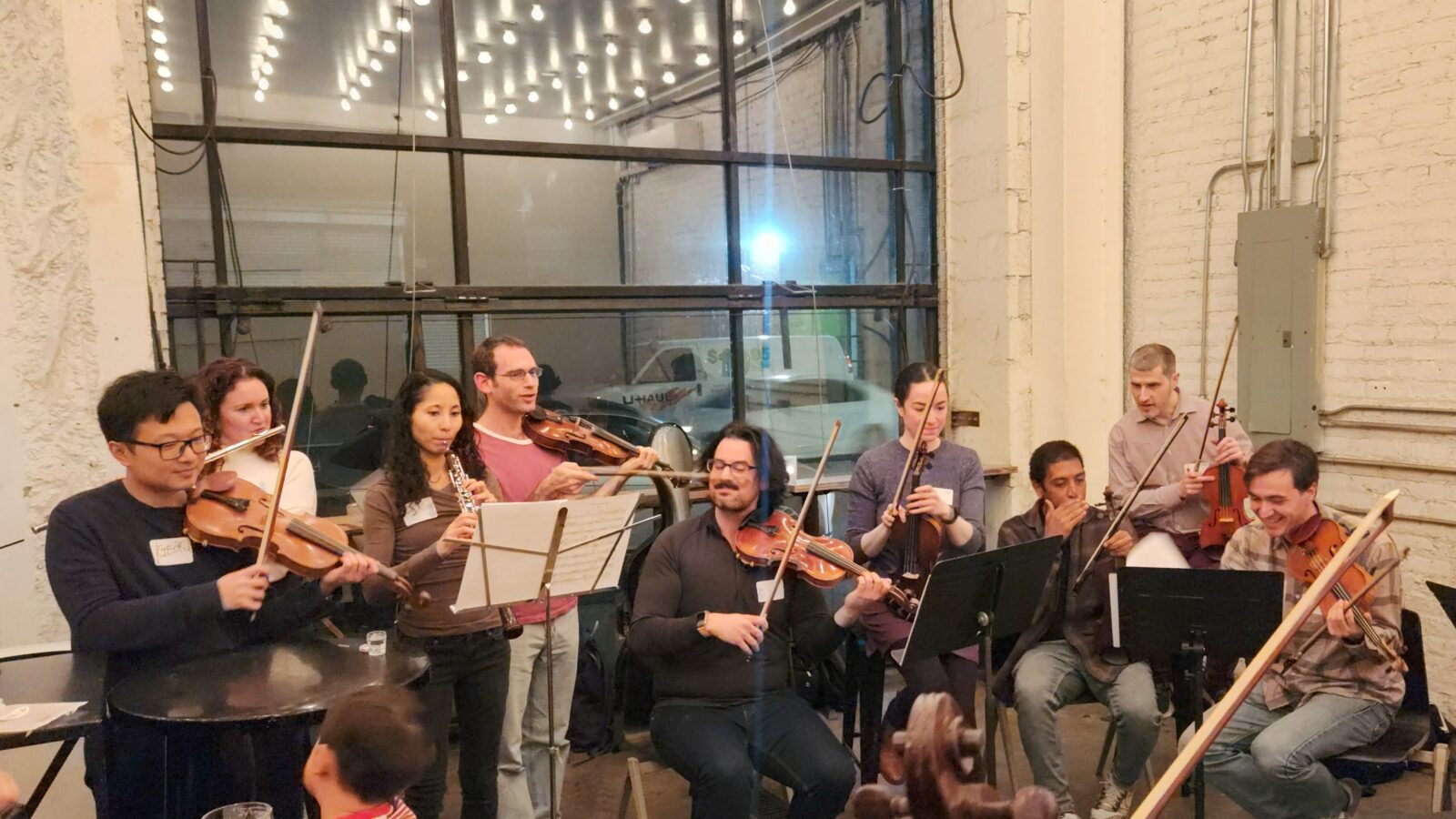
Mozart in a Brewery! Our First Young ACMP Event
Have you ever played Mozart in the middle of a brewery just for fun? That’s exactly what happened in early January when local Young ACMP members met up at Grimm Ales in Brooklyn. We co-hosted the event with ACMP member Ben Bregman, who brought music, friends new to ACMP, and a few of his young students and their parents.Read More ↗
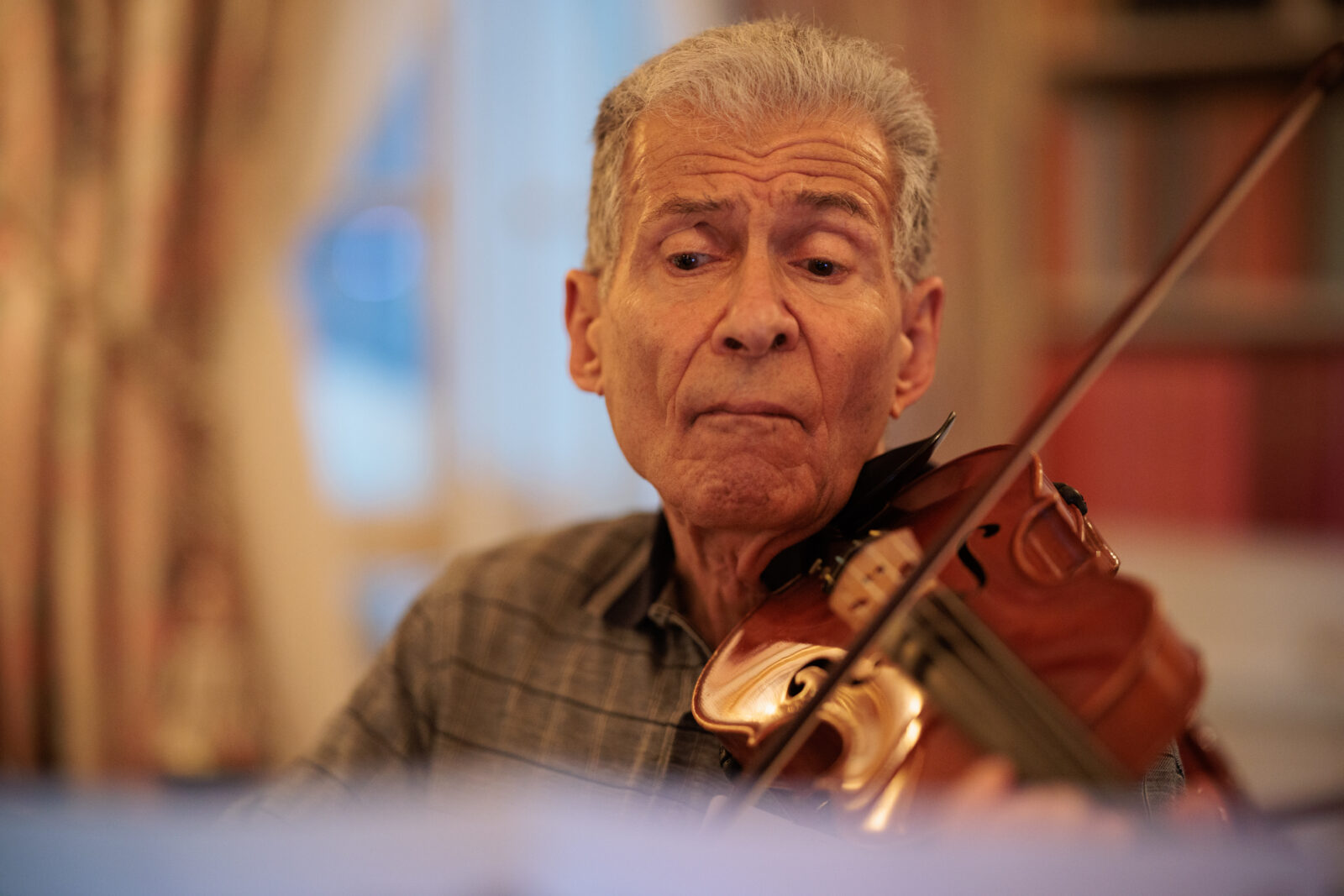
ACMP presents the 2025 Susan McIntosh Lloyd Award to the SoCal Chamber Music Workshop in memory of Ron Goldman
This past Fall ACMP gave its 2025 Susan McIntosh Lloyd Award for Excellence and Diversity in Chamber Music to the SoCal Chamber Music Workshop in honor and in memory of SoCal's founder and long-time ACMP board member Ron Goldman. Watch my interview with Julie Park and read Adam Birnbaum's touching tribute to Ron.Read More ↗
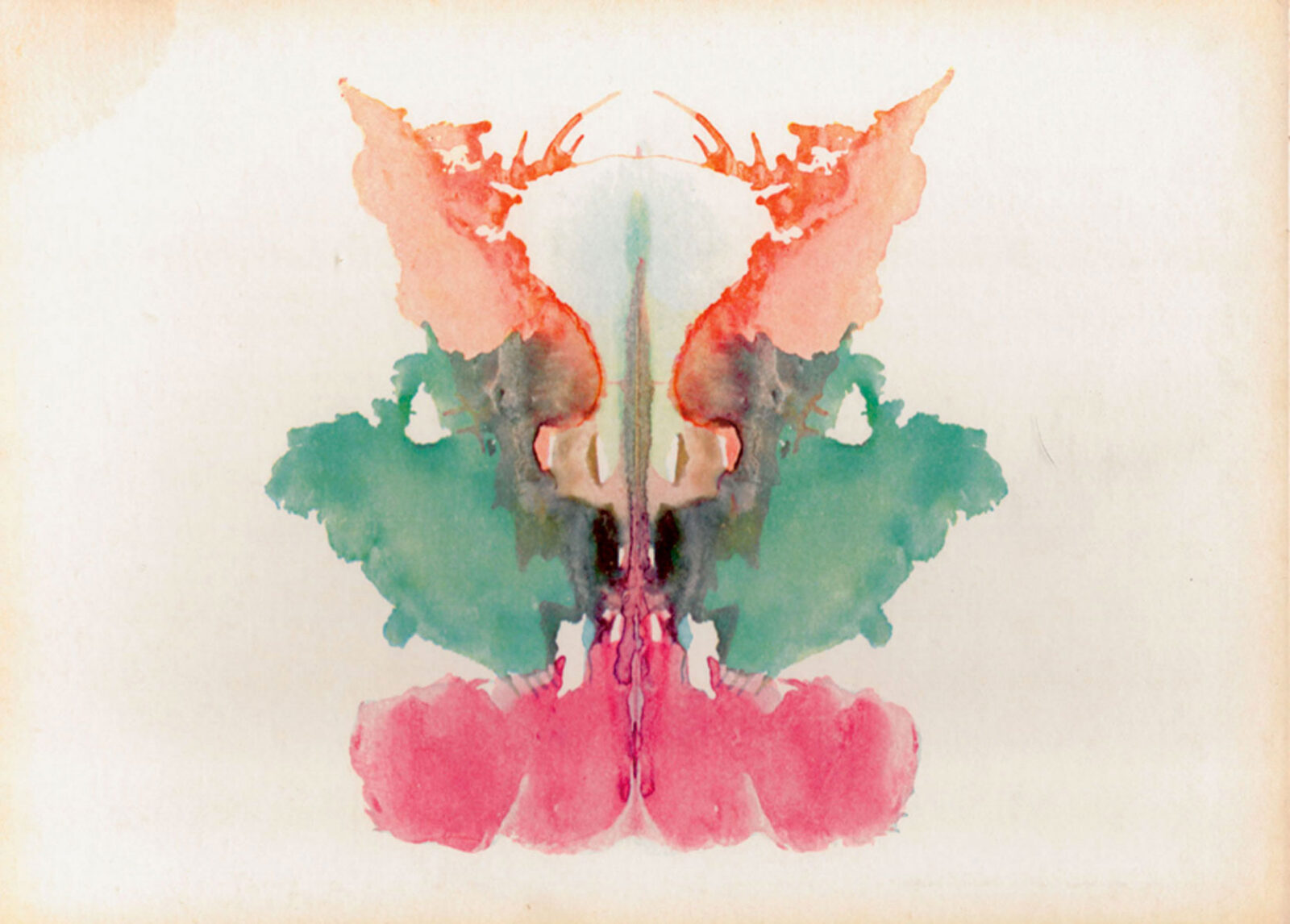
Turning ink blots into music – a discussion on the meaning and madness of notation
Join Cal Wiersma and a live string quartet for an illuminating class about decoding musical notation and translating it back into a musical line, live in Brooklyn and live-streamed on YouTube.Read More ↗

A New 5-Day Summer Home for Adult Chamber Musicians in Brevard
Brevard Music Center is launching the inaugural Adult Chamber Music Workshop, June 3-8, 2026, and we could not be more excited to welcome adult amateur musicians to our beautiful mountain campus in Western North Carolina. The program features focused rehearsal time, inspiring coaching, great colleagues at your stand, and the simple joy of spending time immersed in chamber music.Read More ↗
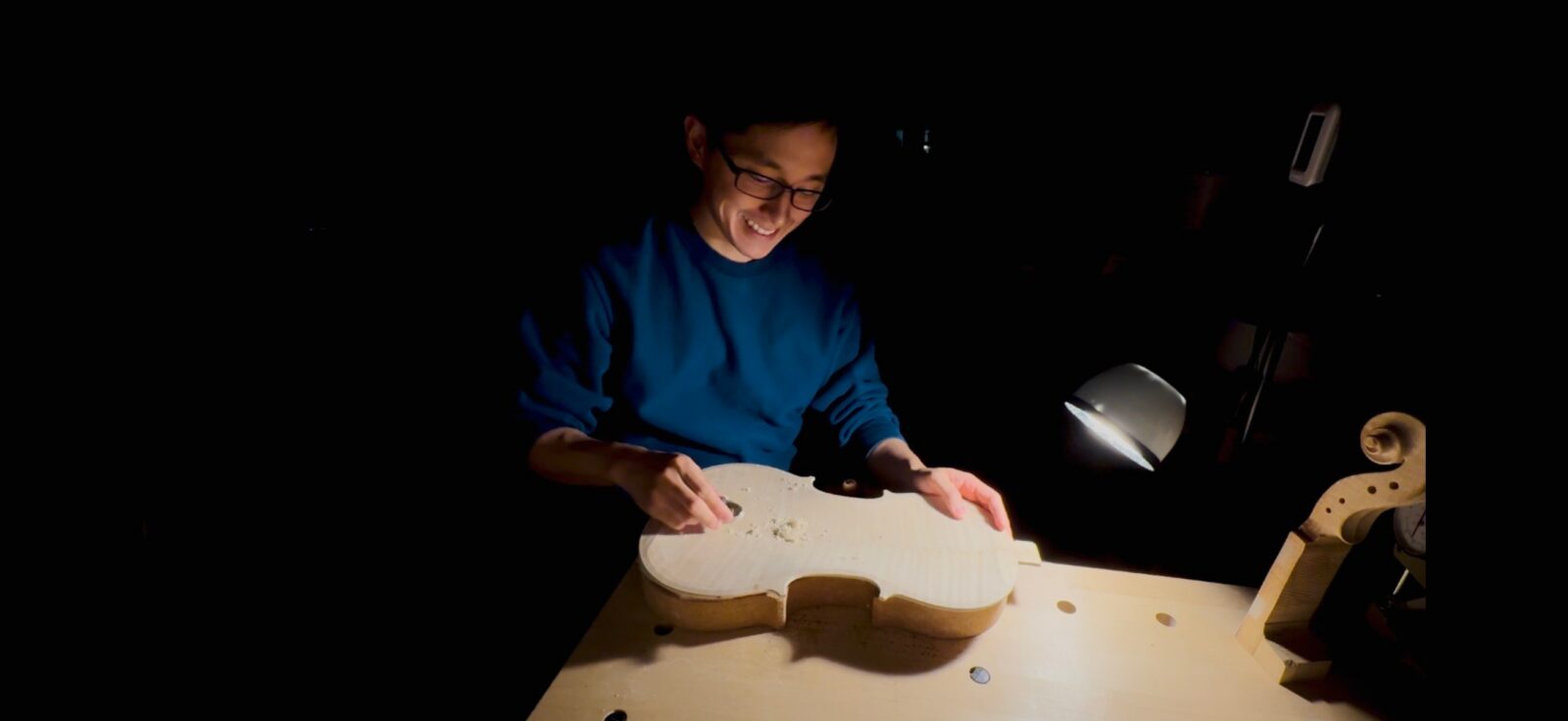
Charles Hsu – oncologist, violist, luthier
Charles Hsu has packed a lot into his 33 years. Born in the New Jersey, he grew up in Taiwan, moved back to the United States to attend MIT, and, after a stint as a management consultant, pursued his medical studies at Yale and Harvard. Today, he is Dr. Hsu, a junior attending medical oncologist at Memorial Sloan Kettering Cancer Center in New York. But through all of these pursuits, there is his love of chamber music.Read More ↗
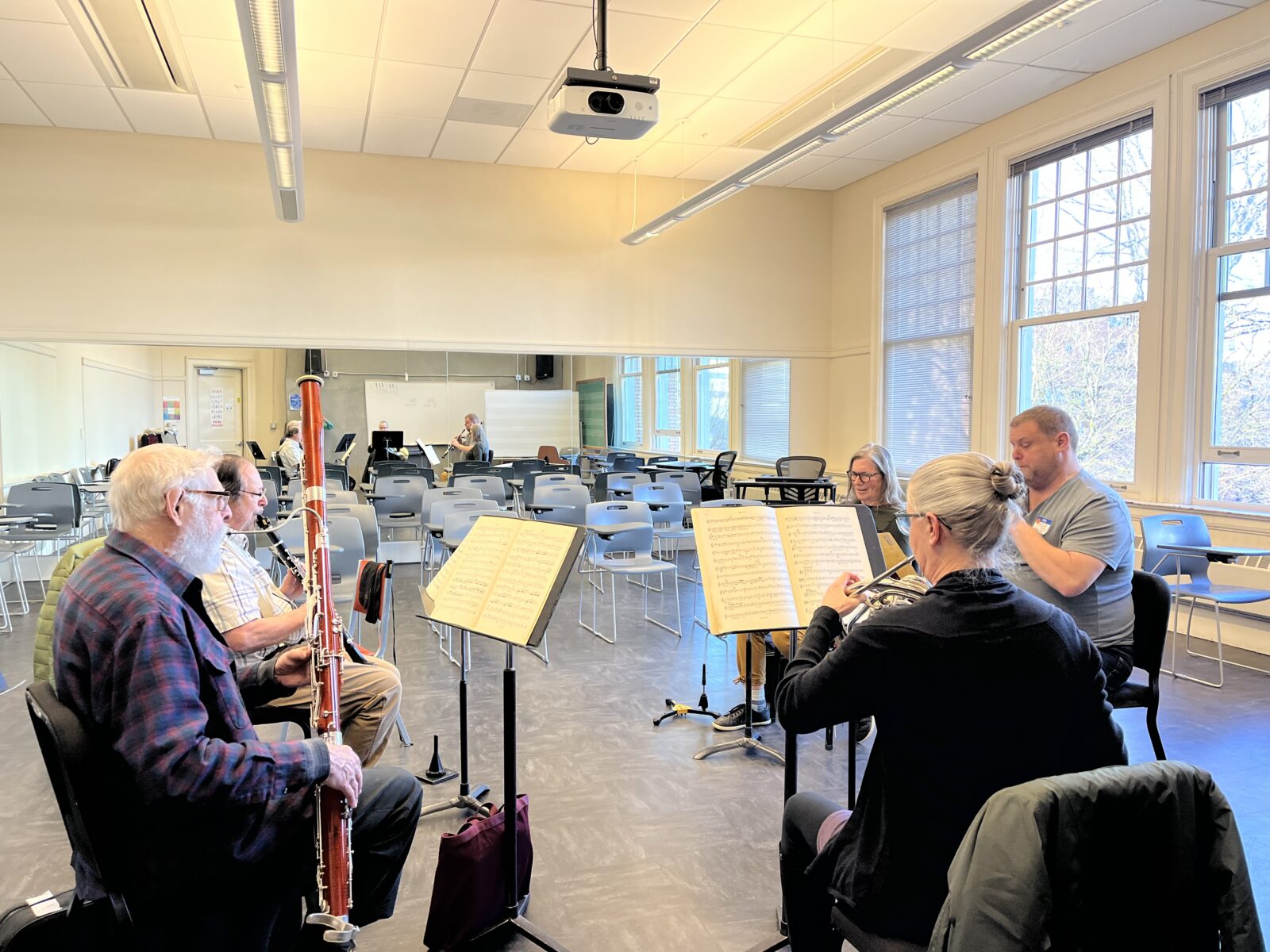
The Oregon-Washington ACMP Play-In
On January 17, 2026, 45 chamber musicians, ages 23-80, met at Portland State University's Music School Hall in Portland, Oregon for a Play-In organized by NAOC councilor Virginia Feldman.Read More ↗
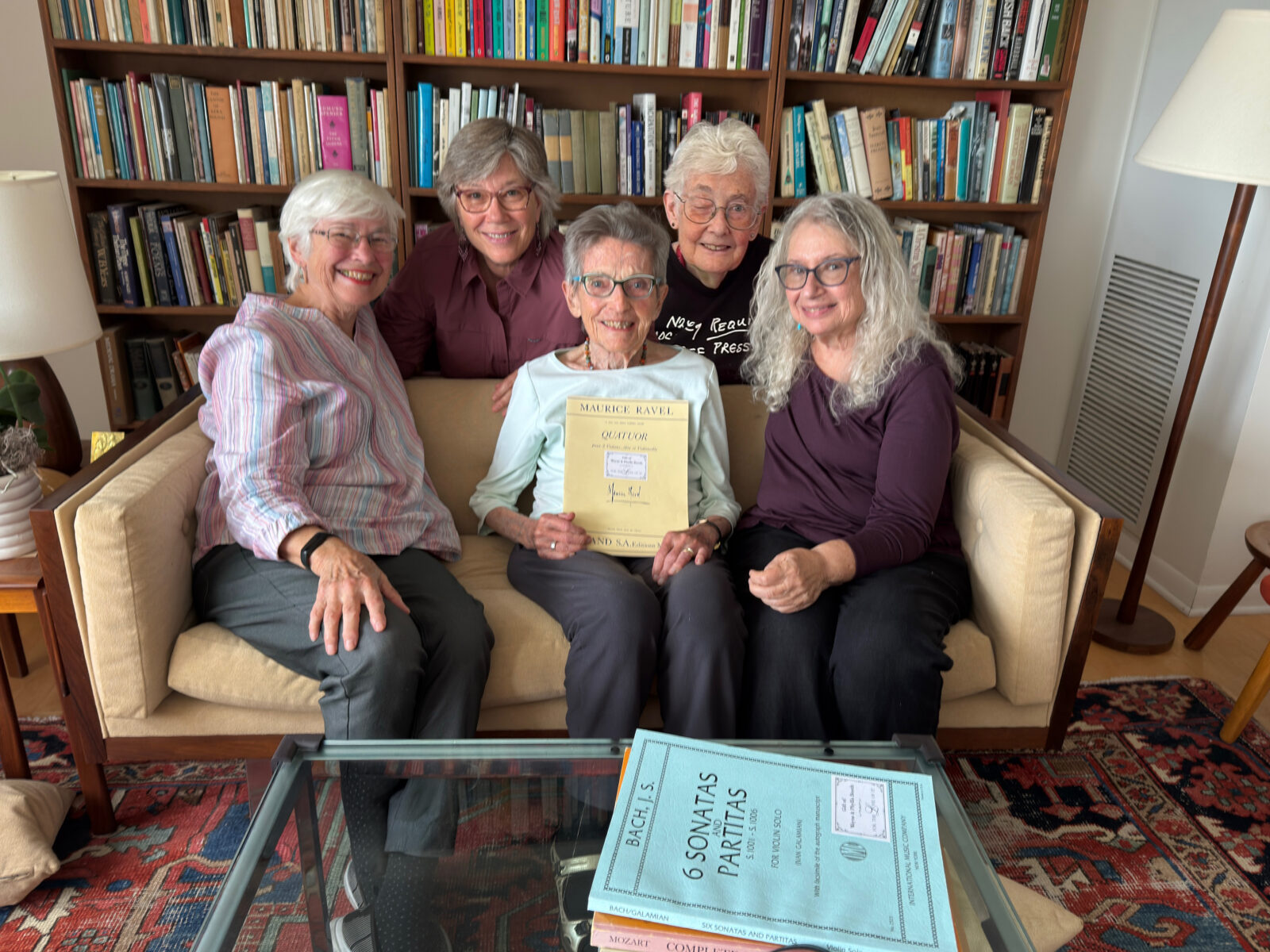
For the Love of It: A Legacy
What to do with all that music, when you finally, reluctantly, stop playing? At 99, Phyllis Booth decided to gift her collection to Golden Chamber Music at Sleepy Hollow, where she and her late husband Wayne Booth had a long, joyful connection since shortly after its founding in 1969.Read More ↗
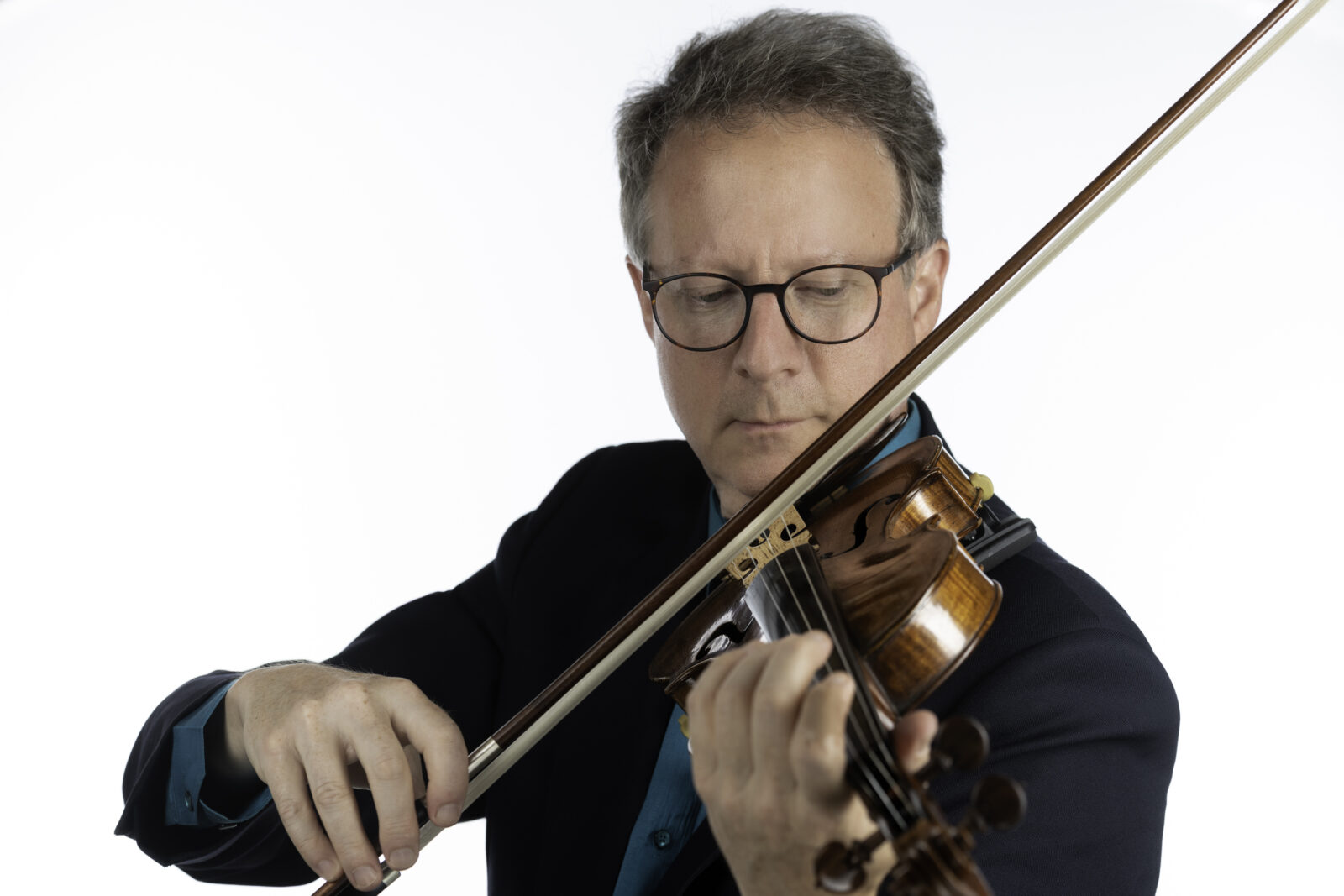
Everything you always wanted to know about bows but were afraid to ask
Join Gabriel Schaff - violinist, scholar and author of "The Essential Guide to Bows of the Violin Family" for an illuminating journey through the history of the bow to everyday tips (no pun intended) about caring for your bow, choosing a new one - and....everything you always wanted to know but were afraid to ask!Read More ↗
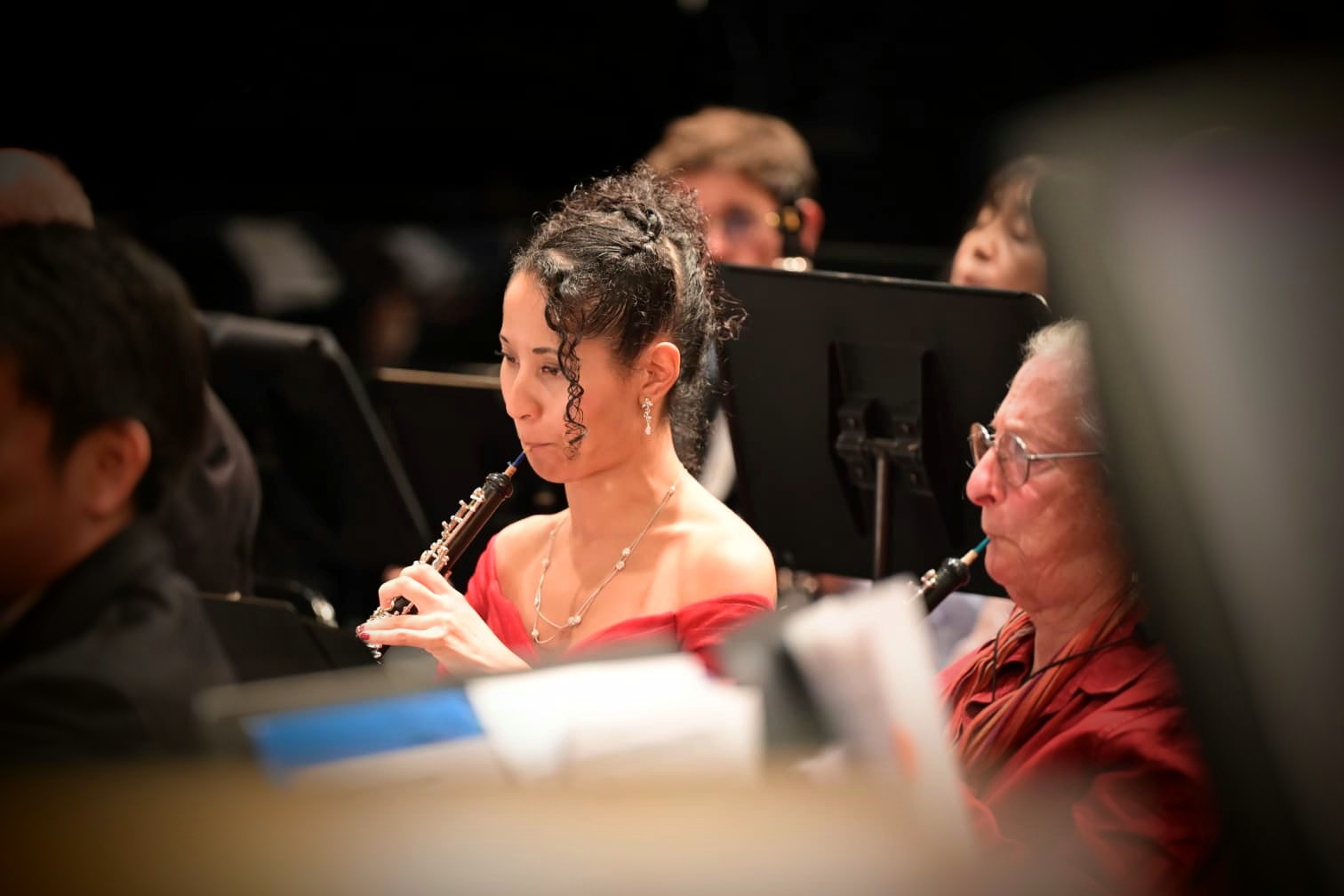
Kayana Jean-Philippe: The serious business of an amateur oboist
When it comes to the oboe, Kayana Jean-Philippe is what you might call a serious amateur – someone who pursues her passion at a high level, but does not make a living at it. One of her most consistent musical outlets has been the United Nations Symphony Orchestra, which she joined 10 years ago and is principal oboist. Another musical outlet is ACMP, which she said has connected her with new people and new musical opportunities.Read More ↗
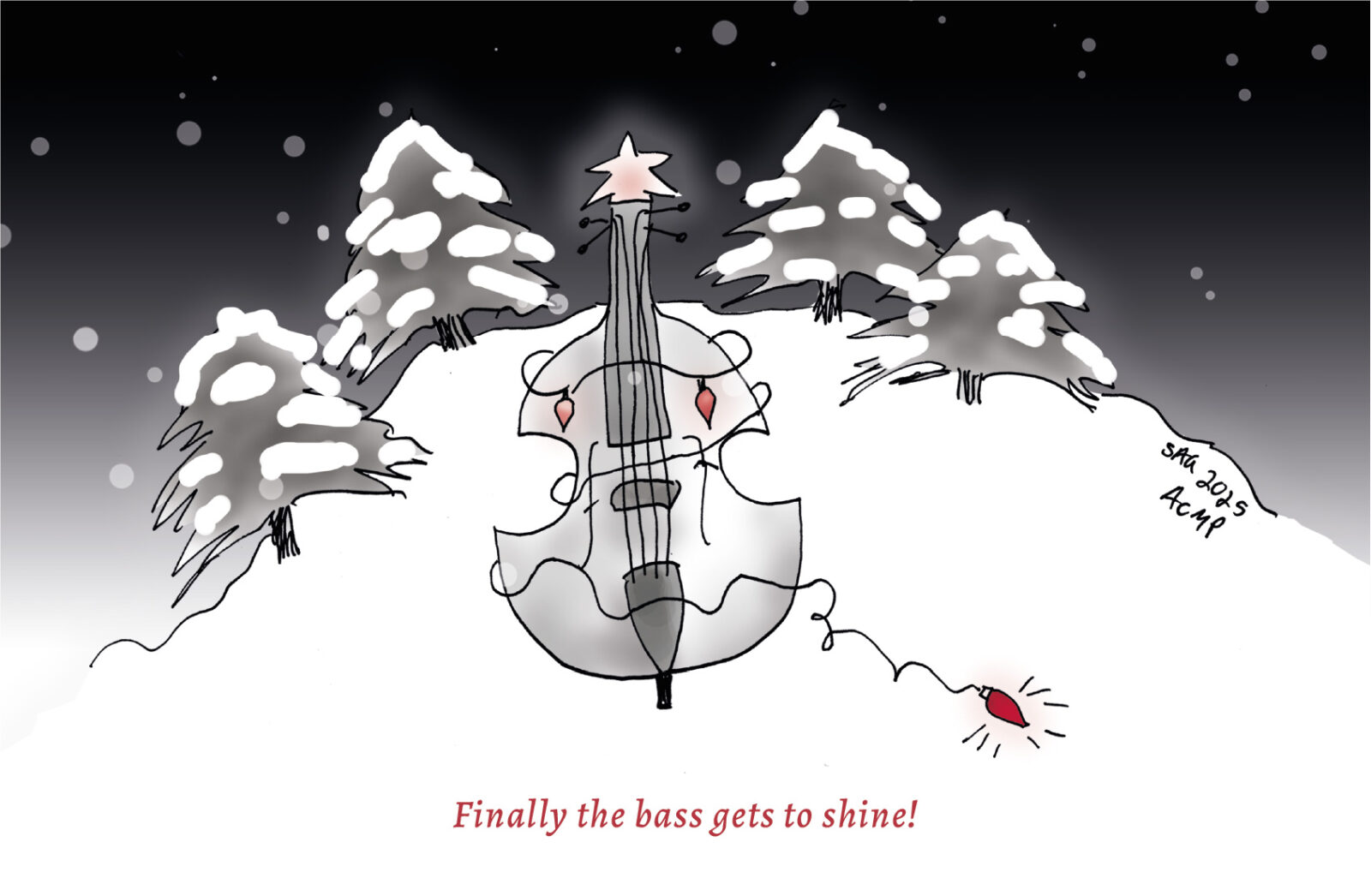
Announcing the 2025 Holiday Caption Contest Winners!
ACMP's 4th annual Holiday Caption Contest was a success, with 69 captions from 41 ACMP members. This year's winners are Valerie Matthews, Peggy Reynolds, and Matthew Greenbaum. Congratulations to everyone who came up with so many wonderful captions for this year's cartoon!Read More ↗
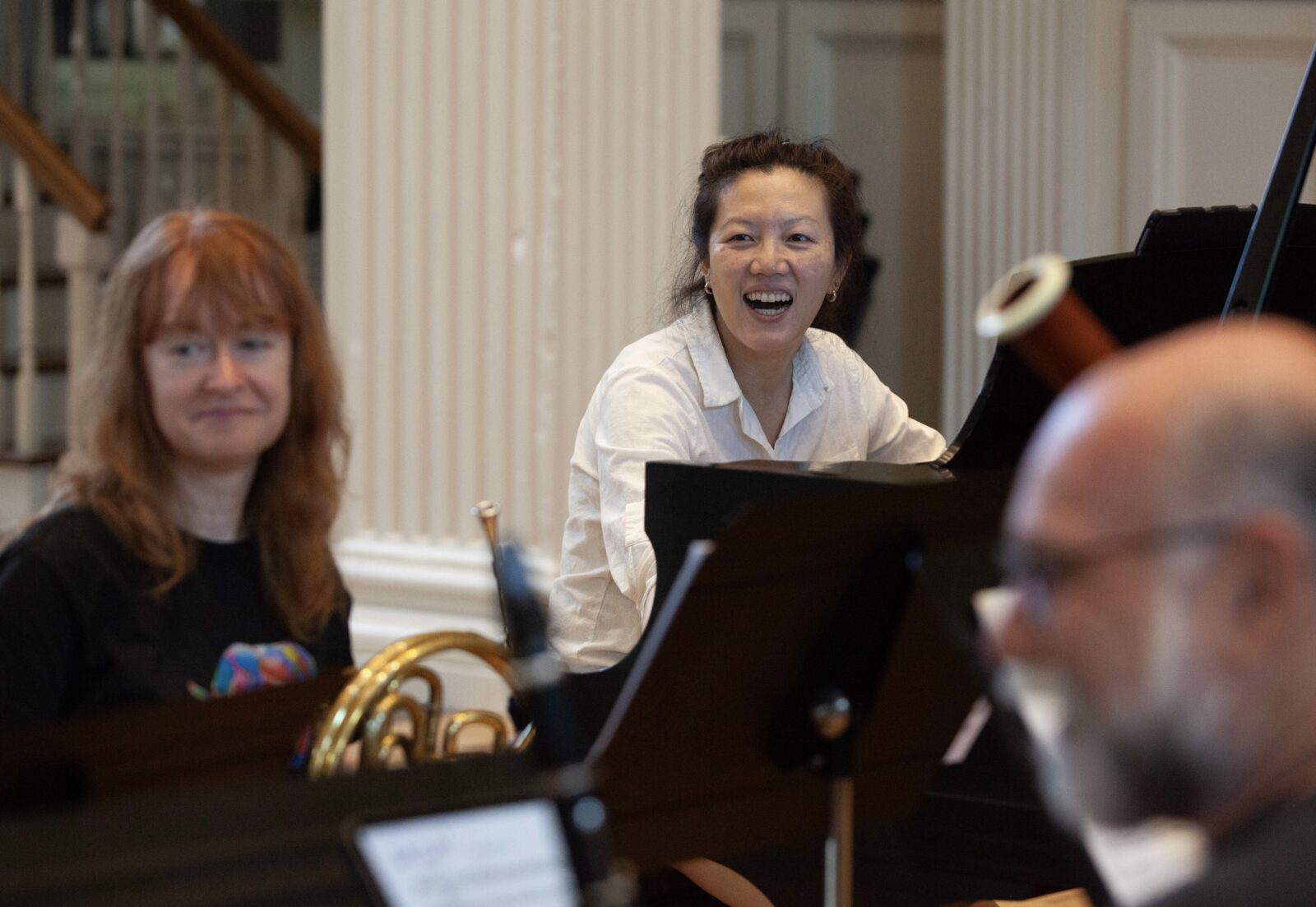
Announcing ACMP’s 2026 Workshop/Community Music Grantees
ACMP is proud to announce its 2026 Chamber Music Workshop and Community Music grantees. This year we awarded $168,000 in grants to 73 chamber music workshops and semester- or year-long programs in 10 countries, and 31 US states. (Photo by Claire Stefani.)Read More ↗

Mystery Donor Reveal: An interview with Louise K. Smith
An anonymous member of ACMP recently spearheaded a fundraising initiative for ACMP in the two week lead-up to Giving Tuesday, offering a $25 gift for each donation received from November 18, 2025 through Giving Tuesday (December 2.) This mystery donor just revealed her identity: Thank you, Louise K. Smith! I asked Louise some questions about her background as a pianist, involvement with ACMP over the years, and about her recent matching grant idea.Read More ↗